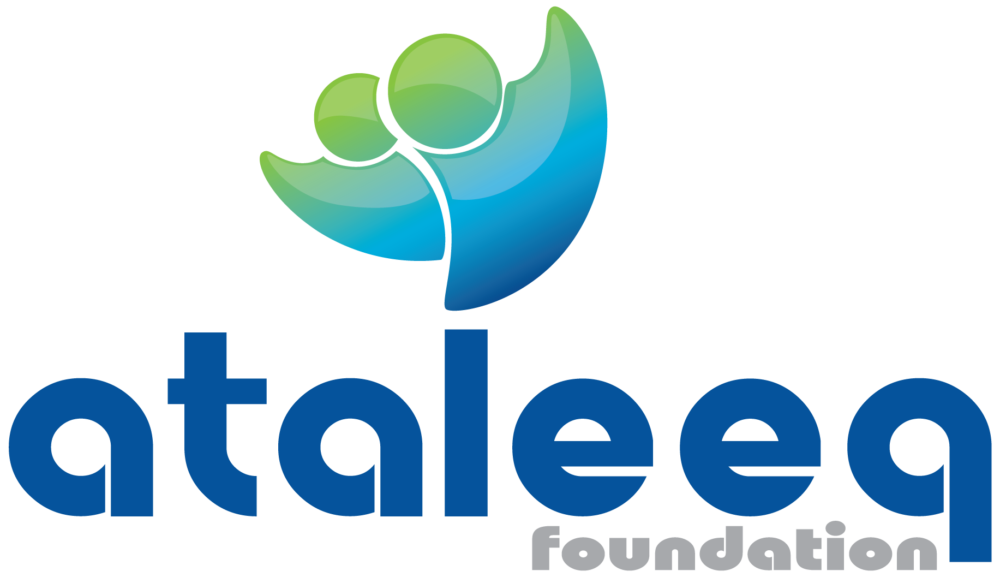Youth Development
Empowering the Builders of Tomorrow
Youth Bulge in Pakistan
Pakistan is home to one of the largest youth populations in the world, with over 64% of its population under the age of 30. This youth bulge presents a unique opportunity for the country to harness the potential of its young people and drive sustainable development. However, it is also imperative to address the challenges faced by youth, such as limited access to quality education, vocational opportunities, and career guidance.
Issues Faced by Youth
Youth in Pakistan face a number of interconnected challenges, including:
Education: Despite significant progress in recent years, the quality of education in Pakistan remains a challenge. According to the World Bank, only 56% of Pakistani youth complete secondary education.. Many young people lack access to quality education, particularly in rural and underserved areas. This can limit their opportunities for future employment and economic advancement.
Employment: Youth unemployment is a major challenge in Pakistan. According to the Pakistan Bureau of Statistics, the youth unemployment rate in 2022 was 14.5%. This is significantly higher than the overall unemployment rate of 4.3%.
Skills development: Even among employed youth, many lack the skills and training necessary to meet the demands of the evolving job market. This can make it difficult for them to find and maintain decent jobs.
Career guidance: Many young people lack access to adequate career guidance and counseling services. This can make it difficult for them to make informed decisions about their future education and career paths.
Root Causes of the Issues
The root cause of many of the challenges faced by youth in Pakistan is a lack of investment in human development, proper guidance, and relevant skill development. This includes inadequate investment in education, vocational training, and career guidance services. As a result, many young people lack the skills and knowledge they need to succeed in the 21st-century economy.
Ataleeq’s Solution: Career Counseling and Skills Development
At the Ataleeq Foundation, we believe that the key to unlocking the potential of Pakistan’s youth lies in providing targeted career guidance and skill enhancement opportunities. Our Youth Development Program focuses on two critical components:
- Career Counseling: Our experienced counselors engage with young individuals to help them explore their interests, aptitudes, and aspirations. Through personalized sessions, we guide them towards viable career paths aligned with their strengths and passions.
- Skills Development: In a rapidly evolving job market, possessing relevant skills is paramount. We offer a range of skill-building programs and workshops designed to enhance employability. From technical skills to soft skills, we equip youth with the tools they need to succeed in their chosen fields.
Through these initiatives, we aim to not only bridge the gap between ambition and opportunity but also foster a generation of empowered, confident, and capable young individuals ready to contribute positively to society.
Impact
Since its inception, the Ataleeq Foundation’s Youth Development Program has impacted the lives of many youngsters. Our program has helped youth develop their skills, find jobs, and start businesses. We have also helped youth become more engaged citizens and contribute to their communities.
Testimonials
“Ataleeq Foundation helped me identify my career goals and develop the skills I needed to achieve them. I am now working as a software engineer at a leading multinational company.” Ali Khan, former program participant
“Ataleeq Foundation gave me the confidence to start my own business. I now own a successful web design company and employ several people.” Fatima Ahmed, former program participant
Conclusion
The youth of Pakistan are the country’s future. By investing in their human development, we can create a more prosperous and equitable society for all. At Ataleeq Foundation, we are committed to empowering young people to reach their full potential.
Research References:
World Bank (2022): Pakistan Education Sector Analysis
International Labour Organization (2022): Skills and Employability in Pakistan
UNESCO (2021): Global Education Monitoring Report 2021/2: Building back Stronger: Equity and resilience in education systems


